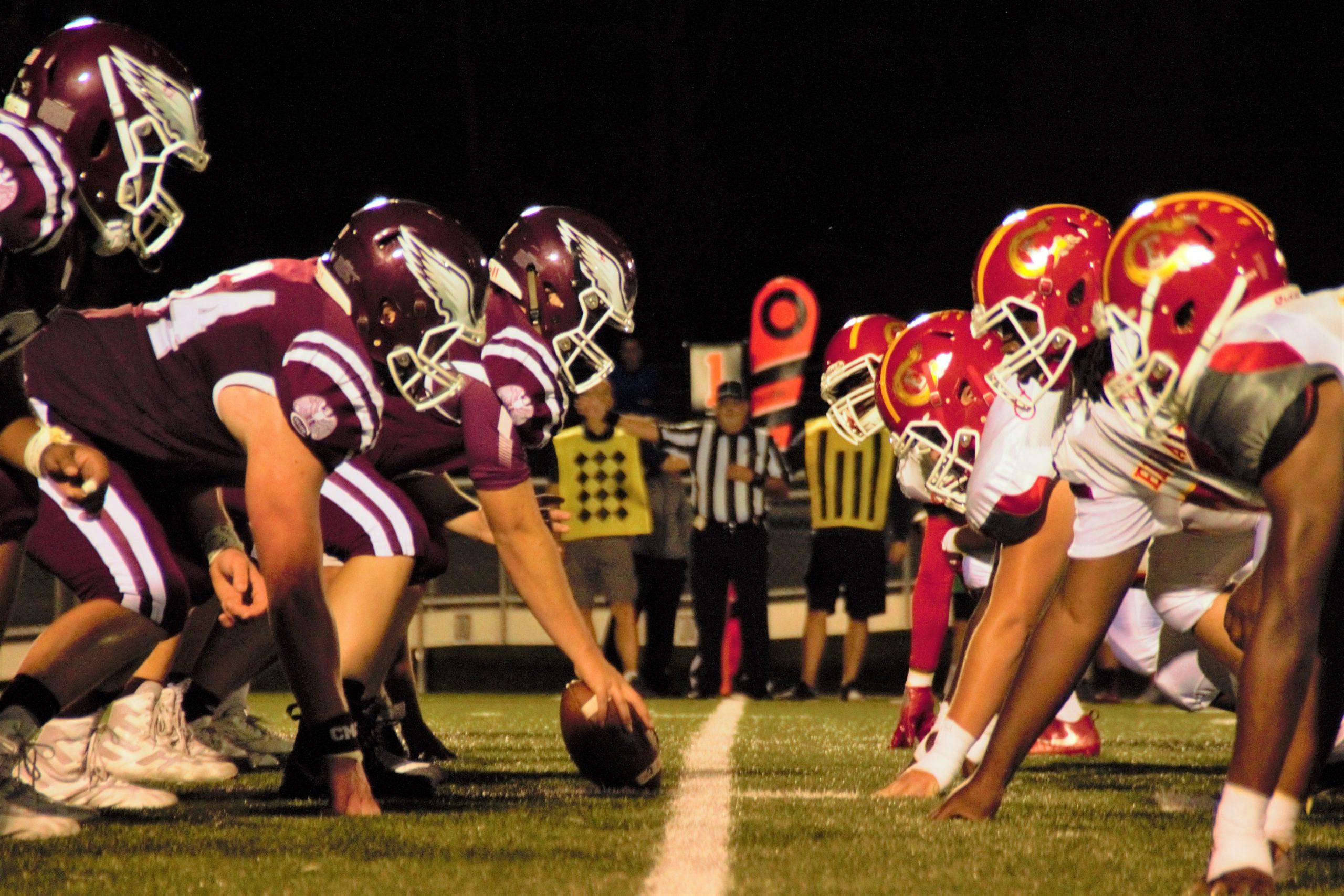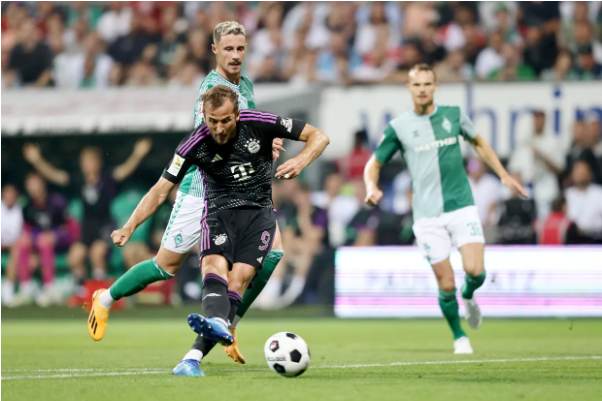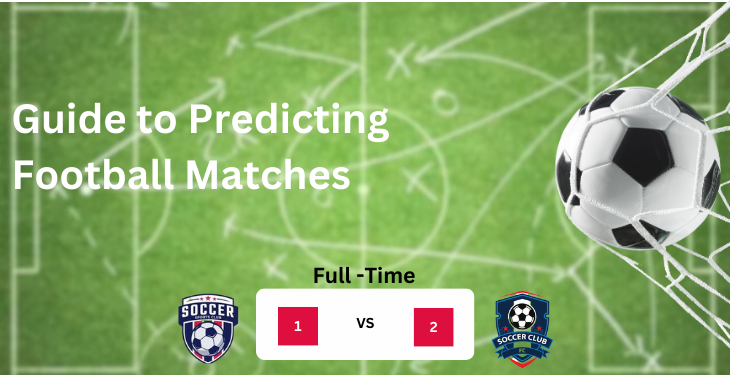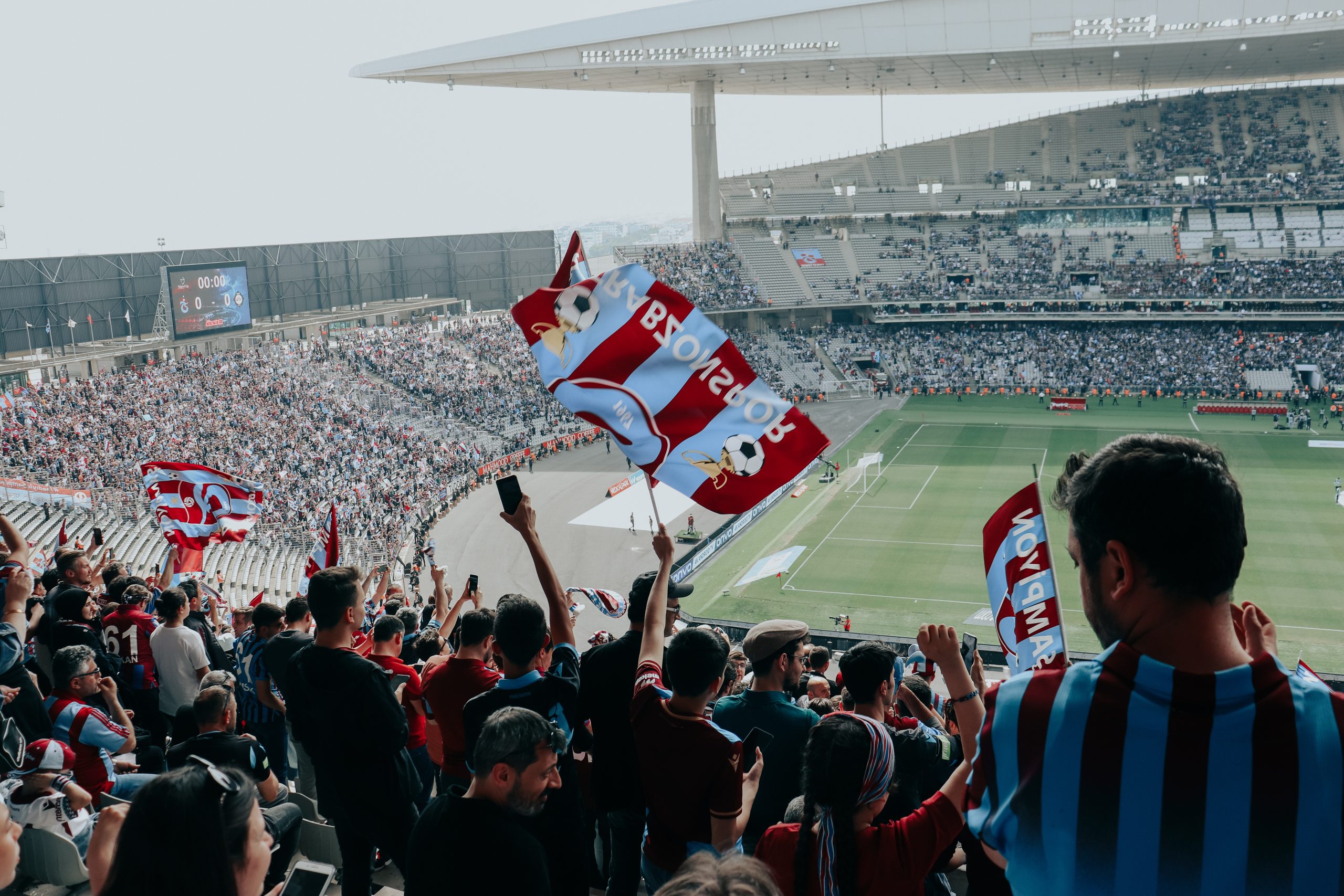Football Sponsorships Are Out
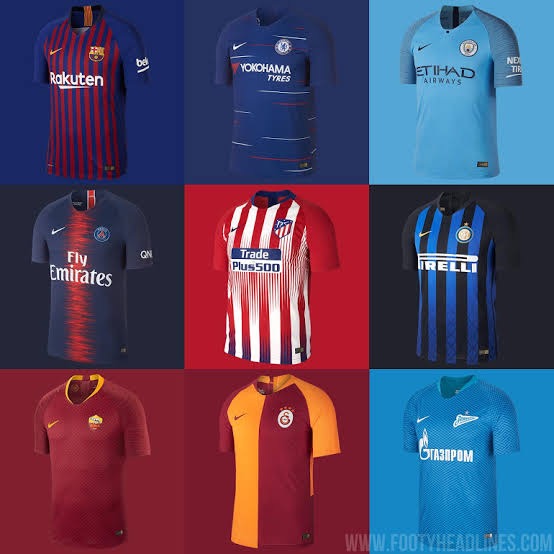
Some of the biggest sponsors in football are slowly moving away from striking deals with individual clubs. Instead, they are choosing to sign agreements with leagues and cup competitions, often over many years. In this quick post, we will take a look at some examples of companies sponsoring long-term cup competitions and tournaments – and ask why they prefer to support these competitions instead of individual clubs.
Football sponsorship in 2022
Football sponsorship has been a heated topic over the last decade. The industries most likely to provide sponsorship at elite level football have changed throughout time. It used to be local companies from the area that would support the local football club, such as local breweries. Then as technology developed, we started seeing more tech branding on the front of shirts. Today this market in football is dominated by finance companies and sports betting providers. There is also an influx of national airlines sponsoring teams and stadia, often because the team has a connection to the country where the airline is from, e.g., Manchester City’s Etihad Stadium.
Examples of companies sponsoring competitions
There is a string of examples of companies that may have once chosen to sponsor a team now sponsoring entire competitions. For instance, Binance has become the sponsor of the 2022 African Cup of Nations (AFCON), while Bwin has signed a deal to be part of the UEFA competitions being showcased across scores of European nations. Binance is a cryptocurrency exchange, and Bwin is a bookmaker owned by Entain, which also owns PartyCasino, as well as other well established brands.
Why is league and cup sponsorship preferred?
The main reason so many companies prefer to sponsor entire divisions and cup competitions over individual teams is their brand’s exposure. A brand gets much more exposure when it is the official partners of a complete competition compared to a single team because the company branding will be visible at every game. Of course, this additional exposure typically comes at a premium due to increased competition, but the extra cost to secure the deal can be highly beneficial for the brand.
Another reason it may be preferred to go with competitions rather than individual teams is the growing cost of sponsoring teams. Clubs must abide by Financial Fair Play (FFP) rules which state that any club can only incur so much financial loss over a three-year period. This is to prevent the wealthiest teams like Manchester City and Newcastle United from simply going out and spending billions when needed.
Thus, for the most competitive and wealthy clubs to stay within FFP, they must generate revenues that allow them to spend as much as possible on transfers. This requires lucrative deals from individual companies, meaning the cost of sponsoring an individual (and ambitious) club may not be as good value for money as it was previously.


